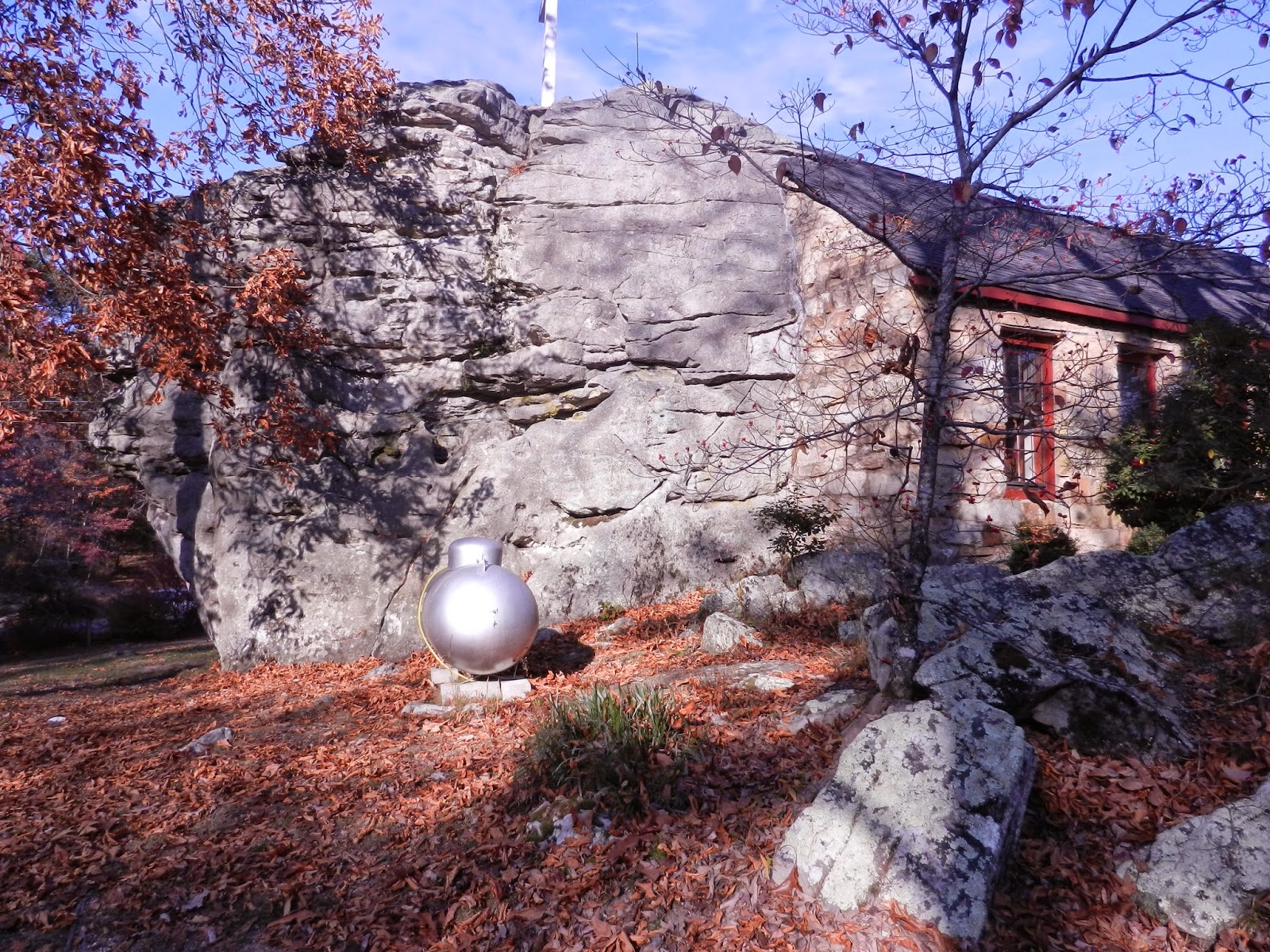Howard was born in Floyd County, Georgia, in December 1862. In a few years the family moved to Arkansas, but was back in Georgia by 1876. Howard read for the law, moved to Fort Payne in 1880, passed the Alabama bar and set up practice. In 1887 he lost his money in real estate speculation; by 1893 he began giving lectures to earn extra income. Just such a lecture the following year in Washington, D.C., led him to write If Christ Came to Congress as a corruption expose.
In 1894 he became a Populist candidate for U.S. Congress. In Alabama as elsewhere this third party movement drew support from small landowning farmers as well as sharecropping and tenant farmers and organized labor. Since the party opposed the interests of railroads and wealthy industrialists, elections in Alabama and other areas of party strength were often violent in the 1890s. Howard's race was no different but he won despite threats against himself and his family.
Despite a nervous breakdown, Howard ran again in 1896 and won, but moved his family to Cullman. Two years later he decided to leave Congress and he bought a farm near Fort Payne. He returned to legal practice and lecturing and started writing short fiction, but had to declare bankruptcy in 1901. By 1910 he had lost more money and a race for re-election, so the family moved to Birmingham where he hoped to have a more successful legal practice. Six years and another nervous breakdown later, the Howards were back in Fort Payne. He and the family moved to California in 1919 where he hoped to sell scripts.
Out west Howard did manage to publish two novels, Peggy Ware and The Bishop of the Ozarks. Both novels take place in the mountains; Peggy Ware is set in the Buck's Pocket area. He also starred in a silent film version of the latter book.
By 1923 Howard had returned to Alabama and bought land near Mentone. The plan this time was to open a school for mountain children. This project was dogged by the same financial problems--and nervous breakdown--that seemed attached to Howard. In 1925 his wife Sallie died, and he closed the school.
The following year he married again, took his new wife Stella to Europe and wrote about the trip for the Birmingham News after their return. His new wife did not care to live in the mountains, and they divorced in 1936. Howard had no income during this time, and generous friends helped him out. He used the money to build the chapel in honor of Sallie.
By the time he finished, he was very sick and returned to California, where he died in December 1937, just six months after the chapel's dedication. Ex-wife Stella returned his ashes to Lookout Mountain where they rest at the chapel's giant granite boulder.
Services are held in the chapel each Sunday, and it is apparently a popular spot for weddings. There is a small cemetery next to the chapel and a short walking trail nearby.
A more detailed life of this fascinating man can be found in Elizabeth S. Howard's 1976 biography, The Vagabond Dreamer. The author is not related to her subject.
















No comments:
Post a Comment